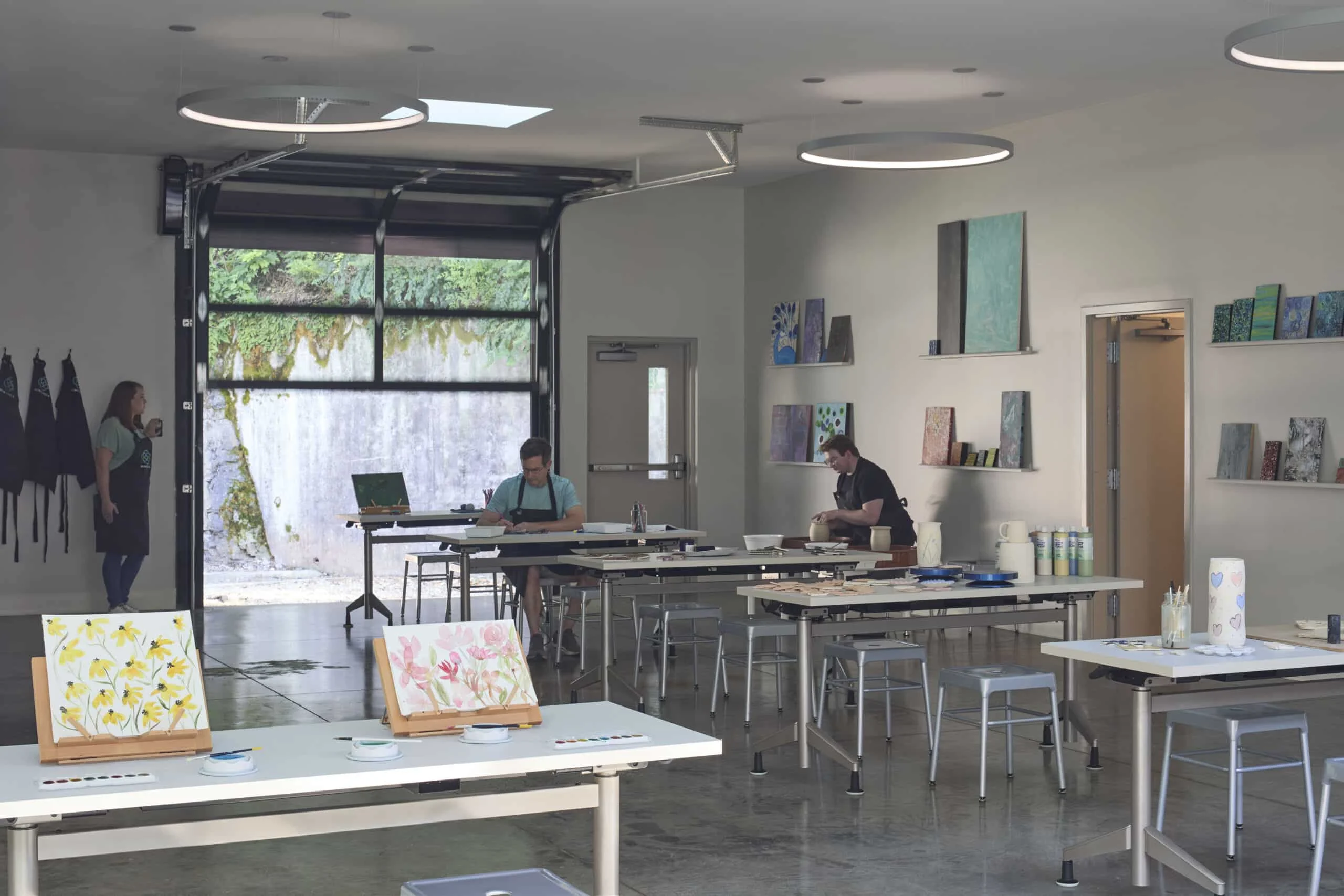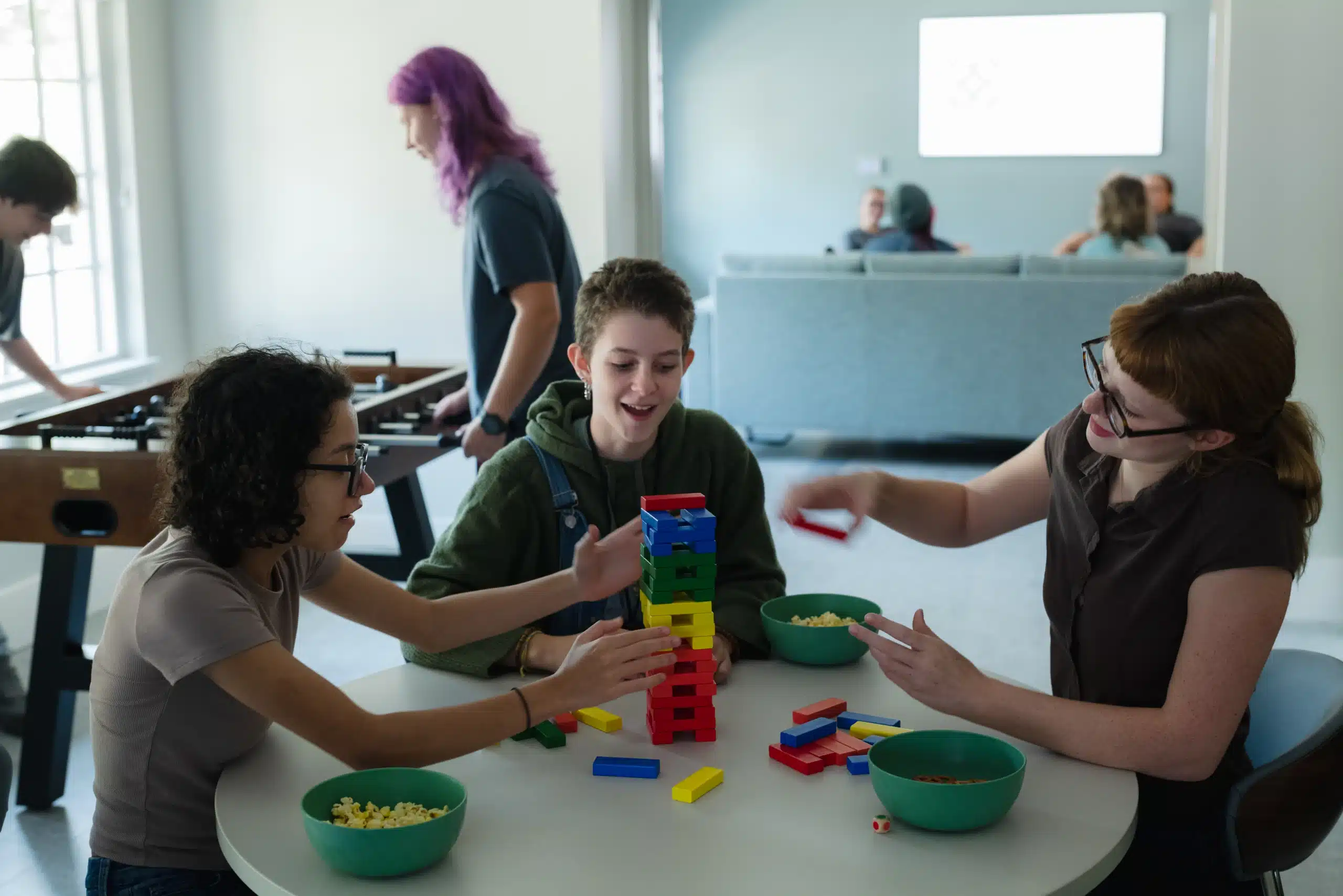What Is OSFED?
OSFED (Other Specified Feeding or Eating Disorder) is a clinical diagnosis for experiences that have significant medical, nutritional or social impact but don’t meet the criteria for another named eating disorder. OSFED may include presentations such as atypical anorexia nervosa, patterns with binge or purge behaviors that occur less frequently or for shorter duration, purging without binge episodes or night-eating presentations.
OSFED can affect anyone of any age, size, gender or background and often co-occurs with anxiety, OCD, depression, trauma responses, ADHD or autism. With compassionate, evidence-based care, many people regain confidence, restore stability, and reconnect with their daily lives.

Signs and Symptoms of OSFED
Recognizing the signs is a courageous and vital step toward recovery. Here are some common symptoms:
Healing With Respect
and Support
You deserve support that feels safe, inclusive and personal. At NewCircle, we meet you with respect, reduce shame and honour your identity and culture. Together, we focus on practical skills that fit into your daily life, progressing through small victories with clear guidance and consistent support.
OSFED Treatment Options
NewCircle offers a comprehensive range of services tailored to meet each individual’s unique journey:

What Happens After Treatment?
Recovery is an ongoing process, and care doesn’t stop when treatment does. Many clients step down into intensive outpatient (IOP) or outpatient therapy as they take on more of their daily life. From the outset, our team will help you create a personalized and realistic aftercare plan. This may include relapse prevention strategies, ongoing therapy, nutrition counseling, peer support and connections to community resources.
Regular check-ins are built into your plan to provide encouragement, accountability and flexibility. We want to help you stay grounded in recovery while giving you space to adapt to new challenges and opportunities for growth.



